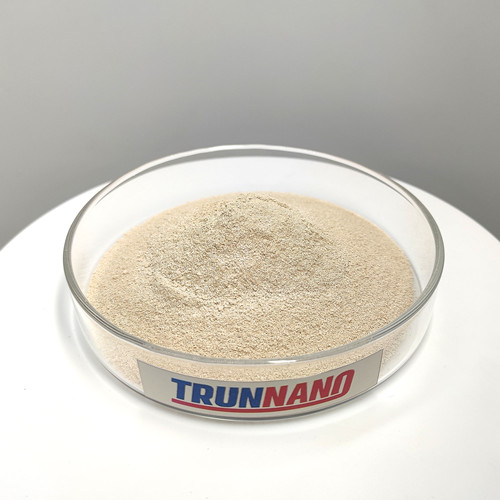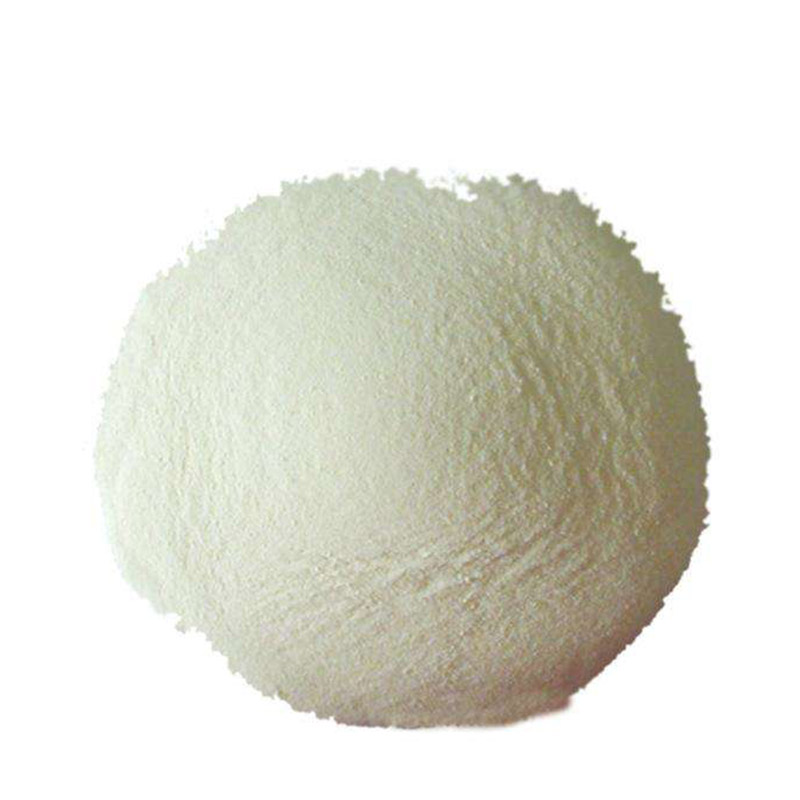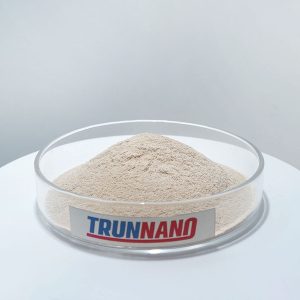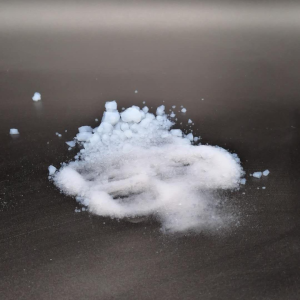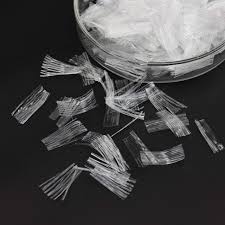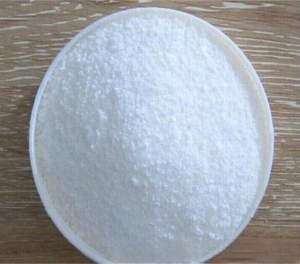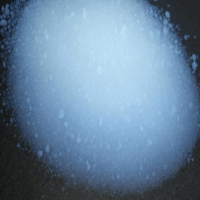Professional solutions on concrete addtives, Concrete Foaming Agent, Superplasticizer, CLC Blocks Additives, and foaming machine
(Does additional water weaken concrete?)
Concrete is a common building material that consists of cement, aggregate, fly ash, admixture, and water. Water plays an important role in concrete; it is not only an important component of concrete but also plays an important role in the performance and quality of concrete.
Water plays the role of cementing material in concrete
The cementitious material of concrete is mainly hydrated and hardened cement colloid, and water is the basis of the hydration reaction of cement. In the process of making concrete, water reacts with cement to form hydration products, which gradually solidify and harden the concrete. The quality and amount of water directly affect the strength and durability of concrete. Too little water will cause the concrete to be difficult to fully hydrate, affecting its strength and stability, while too much water will cause the concrete to be too thin, prolonging the setting time and reducing its strength.
Water plays the role of wetting the aggregate in concrete. Aggregate is the main filler of concrete, and water can clean the dust and impurities on the surface of the aggregate, make the surface of the aggregate wet, and improve the bonding of concrete. At the same time, water can also make the particles of concrete dispersed uniformly, reduce the voids between aggregates, and improve the compactness and strength of concrete.
Water can also affect the fluidity and plasticity of concrete. According to the use requirements of concrete, the fluidity of concrete can be changed by adjusting the amount of water. The right amount of water can make the concrete easier to construct and pour and improve the working performance; too much water will make the concrete too mobile, difficult to control, and even cause delamination and leakage phenomenon; too little water will make the concrete dry, difficult to fill the template uniformly, affecting the construction quality.
Water in concrete can also affect the shrinkage and anti-cracking properties of concrete. Cement in the hydration process will produce contraction, and the right amount of water can relieve the contraction stress of concrete and reduce the contraction deformation and cracking tendency of concrete; too much water will lead to increased contraction of concrete, increasing the risk of cracking.
The effects of too much water on concrete are mainly manifested in the following aspects
Destruction of the ratio: if too much water is added to the concrete, it will destroy the original ratio, increasing the water-cement ratio. This will affect the strength and durability of the concrete and have a serious impact on the quality of construction.
Formation of weak layer: If the mixing is not uniform after adding water, a part of the concrete is easy to forms a weak layer, resulting in an uneven overall strength, which has a serious impact on the overall strength.
Reducing density and waterproof performance: Adding too much water will reduce the density of the concrete, and the waterproof performance will also be affected. Especially before the concrete is solidified, this situation will be more serious.
Water segregation: too much water will lead to water segregation in concrete, resulting in uneven distribution of hardened concrete structures, further affecting the durability and mechanical properties of concrete.
In addition, too much water in the concrete may also affect the workability of the concrete, so that the concrete is too dense, has poor molding quality, has an unsightly surface, and easy to causes construction difficulties.
In order to avoid the above problems, the preparation of concrete must use appropriate water consumption. In the actual project, due to improper preservation of sand and gravel materials or weather changes, the water content of sand and gravel materials will also change dramatically, so in the actual project, the determination of the water content of concrete is of great significance. At the same time, the phenomenon of adding too much water or deducting cement in order to obtain better working performance should also be avoided to ensure that the project can be implemented according to the experimentally formulated ratio.
Concrete additives Supplier
TRUNNANO is a reliable concrete additives supplier with over 12-year experience in nano-building energy conservation and nanotechnology development.
If you are looking for high-quality concrete additives, please feel free to contact us and send an inquiry. (sales@cabr-concrete.com)
We accept payment via Credit Card, T/T, West Union, and Paypal. TRUNNANO will ship the goods to customers overseas through FedEx, DHL, by air, or by sea.
(Does additional water weaken concrete?)


